Upgrade WEBCON BPS 2022 to 2025
Overview
This post is an overview of all the topics we needed to take care of, when we upgrade an environment from 2022 straight to 2025. Besides the points listed here, I’ve also checked my notes from Updating to BPS 2023.
Updating reports and dashboards
It’s needless to say, that you can but are not required to rework the navigation and dashboard with the new UI options.
- You can add folders in the navigation
- Add start buttons, dashboards and reports to the folders
- Add icons to the folders
- Define user privileges on the folder level
- Add filtering options on the dashboard, which will be applied to all elements.
For more details on these and other new features you can take a look at the release notes and change log.
Automation session execution cleanup
Depending on your 2022 version you may have a large AutomationSessionExecutions table. I have no idea, when the fix was added but, if the AutomationSessionExecution is responsible for large part of the database size, plan for:
- A longer upgrade time
- Sufficient free disk space In our case the log file and tempdb grew larger than the AutomationSessionExecutions table. Afterwards we were able to shrink the database by 15 GB.
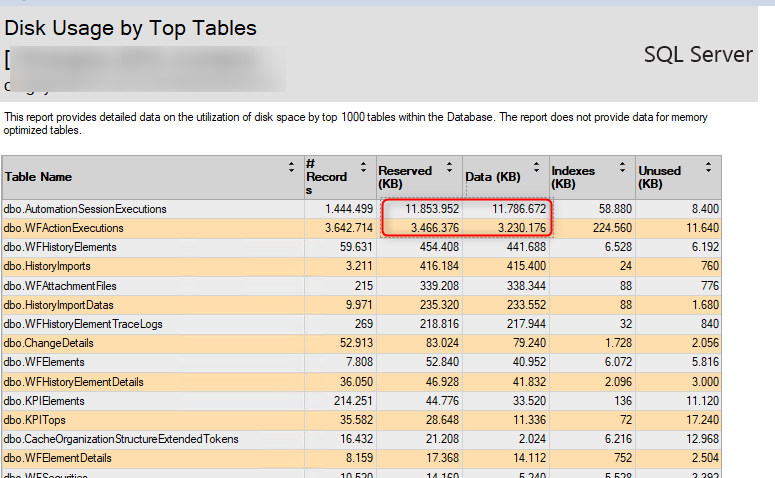
SDK Migration
Since WEBCON BPS 2024 any SDK needs to be rebuild with the correct major release SDK. I’ve blogged about it here
Deactivate standard push notifications
After the migration the Send standard PUSH notification in mobile application was activated by default.
I’ve already created a post in the community about this a few months back on how to change this.
WEBCON BPS 2025: Activated push notifications for all paths after migration
update WFAvaiblePaths set PATH_SendPush = 0 where PATH_SendStandardEmails = 0Afterwards:
- Reset all caches
- Reload everything in the designer studio
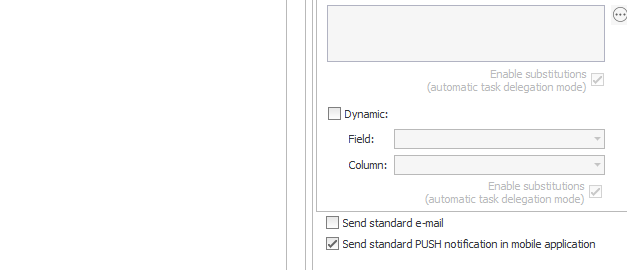
Process license instead of single solution license
After the upgrade the Single solution license have been displayed as Process license. There is some kind of information in the license file which was responsible for this. Obviously, this caused an error when saving. It was something along the lines that we don’t have enough free process licenses. That’s true, as we don’t have an actual Process license. The WEBCON support corrected something and after downloading the license again. Everything was fine again.
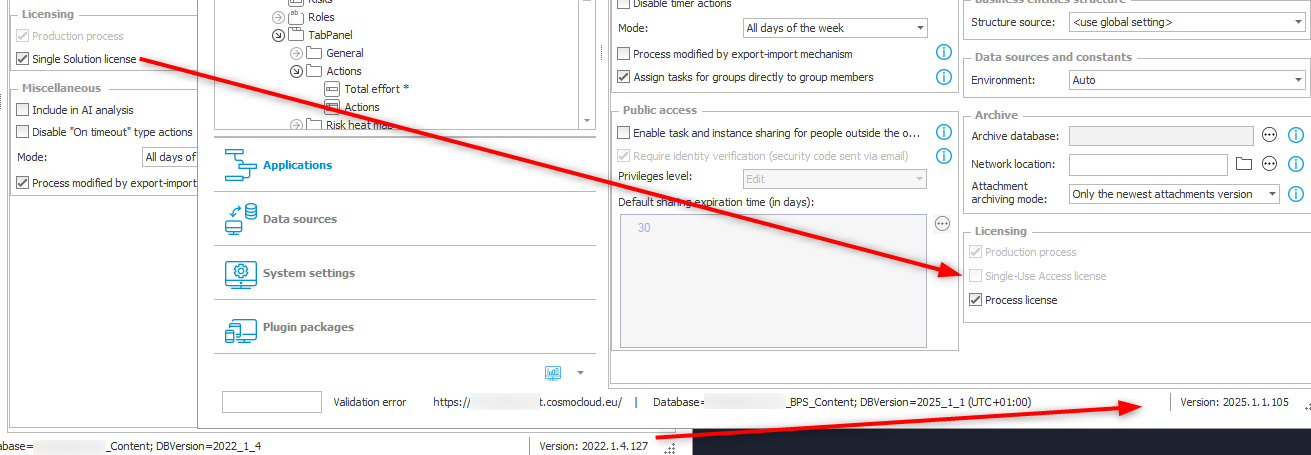
Info: We updated the license on the server just before upgrading to 2025. It happened anyway.
Create new custom themes
After the upgrade to 2025 all custom themes have been deactivated. You will need to create new ones. If you are doing so, take a look at how links are rendered. The default branding option may produce undesired colors.
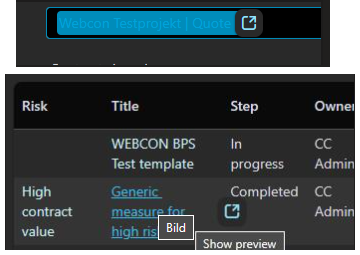
Verify updated item list actions
WEBCON BPS 2023 replaced the update item list action with dedicated actions:
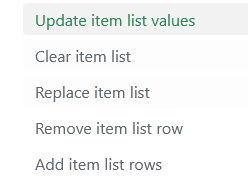
If you used the action in 2022 to update and add new rows to the item list, the change type Update existing rows and Add new rows from the data source will be activated after the migration.

This may have an undesired side effect. The Add new rows from the data source mode will only add those rows, which Unique value mapping value is unique. If you want to add two rows where the key is the same, the first one will be added, while the second one will overwrite the first one. If you need to add multiple rows, without creating a unique key, you can use the Add item list rows action.

Remark: Null values are also values which need to be unique. This is different from the 2022 version.
You can use this statement to identify the actions in which the Add new rows from the data source is active.
SELECT TOP (1000)
ROW_NUMBER () OVER ( order by actionDefinition.ACT_ID asc) as RowNumber
, actionProcess.DEF_Name as ActionProcess
, automationProcess.DEF_Name as AutomationProcess
, WF_Name
, STP_Name
, PATH_Name
, PLU_Name
, actionDefinitionAutomation.AUTM_Name
, actionDefinition.[ACT_ID]
, DicActionKinds.EnglishName ActionKind
, DicActionTypes.ObjectName ActionType
, actionDefinition.[ACT_Name] actionName
, actionDefinition.ACT_Description actionDescription
, actionDefinition.ACT_Configuration actionConfiguration
, templateAction.ACT_ID templateId
, templateAction.[ACT_Name] templateName
, templateAction.ACT_Description templateDescription
, templateAction.ACT_Configuration templateConfiguration
FROM [dbo].[WFActions] as actionDefinition
left join WFDefinitions as actionProcess on DEF_ID = ACT_DEFID
join DicActionKinds on ACT_ActionKindID = DicActionKinds.TypeID
join DicActionTypes on ACT_ActionTypeID = DicActionTypes.TypeID
left join WorkFlows on ACT_WFID = WF_ID
left join WFSteps on ACT_STPID = STP_ID
left join WFAvaiblePaths on ACT_PATHID = PATH_ID
left join WFPlugIns on PLU_ID = ACT_PLUID
left join Automations as actionDefinitionAutomation on actionDefinition.ACT_AUTMID = actionDefinitionAutomation.AUTM_ID
left join [WFActions] as templateAction on templateAction.ACT_ID = actionDefinition.ACT_ACTID
left join WFDefinitions as automationProcess on actionDefinitionAutomation.AUTM_DEFID = automationProcess.DEF_ID
where actionDefinition.ACT_Configuration like '%<isappendchecked>true</isappendchecked>%'
or actionDefinition.ACT_Configuration like '%<isappendchecked>1</isappendchecked>%'
Type error when executing a path
We had a path which required a comment, but the comment field wasn’t displayed.
This caused a JavaScript error when accessing commentModel.model.data.

The obvious solution is, to deactivate the Comment required check.
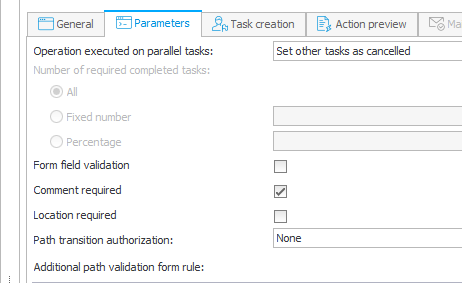
The strange thing is, that even after activating it again, another error was displayed:
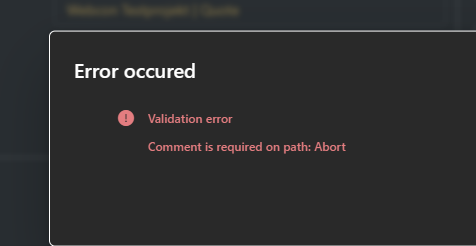
Instance start buttons
If you are using the Instance start buttons in a report, you may encounter something like this:
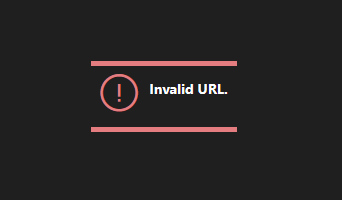
I don’t know since when this is mandatory, but you need to define a process, form type and workflow now. This was obviously not the case in 2022.

Empty report tiles
After the upgrade some report tiles have been empty. The reasons for this is twofold:
- Our 2022 version did have an issue with the report tile translation. Removing a label resulted in storing an empty value for the language instead of none.
- The 2022 version treated empty values as null values.
The end effect was, that the 2025 version displayed the empty value for the translation. This was corrected by:
- Open the translation of the report tile
- Change the empty translation to any value
- Remove the translation again
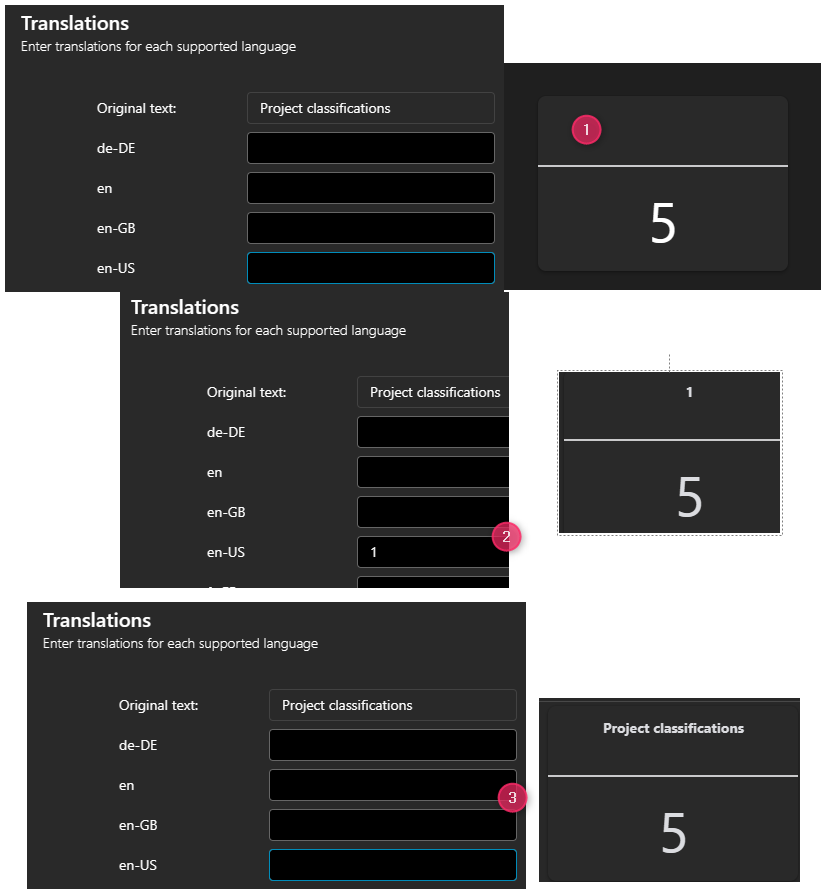
REST and business rules
Since WEBOCN BPS 2023 the results of business rules in REST actions / data source are encoded. Depending on the result this may break the request. If you would be creating an OData filter the following would happen:
- 2022: &$filter=displayName eq ‘@*Someone’
- 2023+: %26%24filter=%2DdisplayName eq %27%40%2ASomeone%27 Since the special query parameter and OData characters are encoded, the OData filter is not recognized by the server. No more filtering on the server level…
There’s a user voice for adding a Raw result to a business rule. As of today 2025-03-12, it doesn’t look good.
https://community.webcon.com/forum/thread/5645?messageid=5645
There’s one workaround for REST actions, because we can assign the business rule result to a field. If we then use the field, we can select the Raw option.
If this is an issue for you, I would recommend creating a ticket. Maybe a change will be implemented if more and more tickets are piling up.
Comments